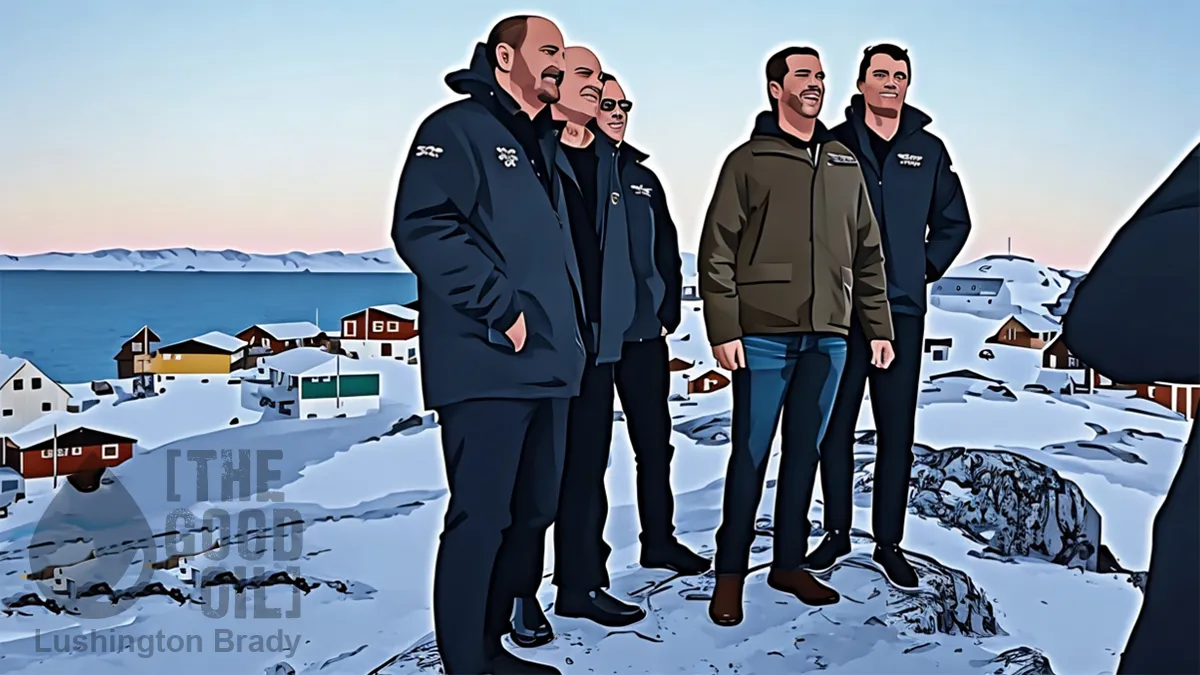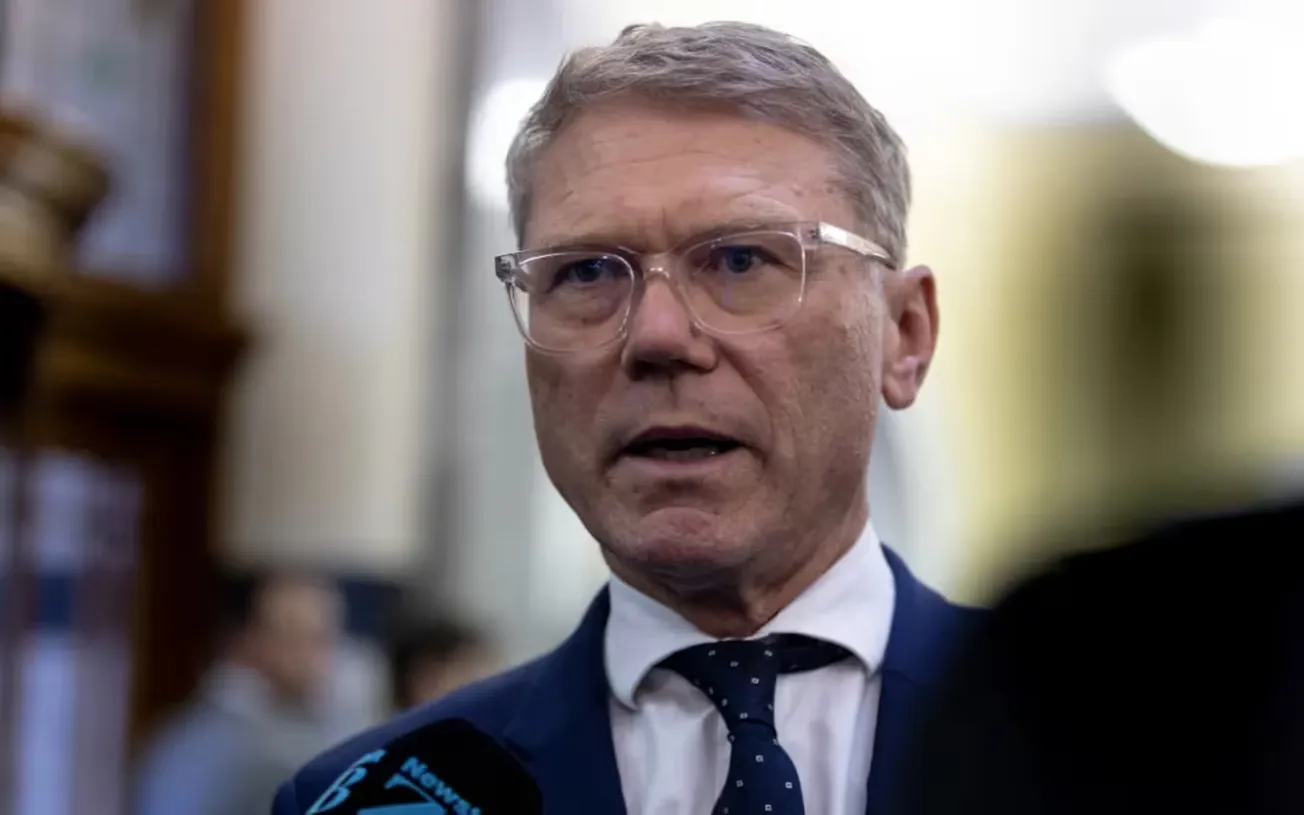Table of Contents
President-elect Donald Trump’s declared intention to acquire Greenland for the US is being met with predictable pearl-clutching from the foreign policy establishment: the same pearl-clutchers who went into repeated fainting fits about ‘the established rules-based order’ during the first presidency. Looking back, which looked better? The four years under Trump, or what came before and after it?
So, the furrowed-browed ‘think-tanks’ can screech all they like about ‘not only absurd but dangerous’, but who’s more likely to be on the money?
Former NATO supreme allied commander James Stavridis said on Sunday that President-elect Donald Trump’s talk about Greenland is “not a crazy idea.”
“We could do an awful lot in terms of business, investment, box out the Russians, box out the Chinese, and work very closely with Greenland,” he told John Catsimatidis, host of “The Cats Roundtable” in a Sunday interview on WABC 770 AM.
The retired admiral referred to Greenland as a “strategic goldmine for the United States,” suggesting support for Trump’s comments on the subject.
Stavridis, it should be noted, was a former critic of Trump. As a hard-nosed soldier, he’s also well aware of the vital strategic importance of Greenland.
“It sits at the very top of the North Atlantic. It protects approaches to our own country … It’s geographically very important. It’s full of strategic minerals, rare earth, probably a lot of gold. It’s got a lot of natural resources,” Stavridis also said in the interview, according to The Hill.
“It doesn’t have to become the 51st state, but it can certainly be an economic objective for us,” he added.
Greenlanders themselves are at least open to dialogue. They’re certainly not interested in becoming a 51st state, any more than they were content to be a Danish colony. But at least some of them are open to some form of rapport with the US.
Greenland’s Prime Minister Múte Egede said on Friday that he accepts that Greenland was “a place that the Americans see as part of their world” and that he was open to “discussions about what unites us.”
“We are ready to talk,” he said. “Cooperation is about dialogue. Cooperation means that you will work towards solutions.”
Ordinary Greenlanders, according to one poll, anyway, have some support for the idea.
According to The Hill, the poll which was conducted in the month of January and just concluded actually found that 57.3% of 416 Greenlandic respondents approve of becoming part of the US while at the same time, 37.4% oppose the idea and 5.3% remain undecided.
It should be borne in mind that the poll only used a very small sample and is regarded by some pollsters as not very representative. Still, Greenlanders are open to discussion.
Egede has been calling for independence for Greenland, casting Denmark as a colonial power that hasn’t always treated the Indigenous Inuit population well.
“Greenland is for the Greenlandic people. We do not want to be Danish, we do not want to be American. We want to be Greenlandic,” he said at a news conference alongside Danish Prime Minister Mette Frederiksen in Copenhagen.
Even Denmark is talking cooperation. The half-billion they pay out to prop up Greenland every year might have something to do with it.
Frederiksen said that she sees a positive aspect in the discussion.
“The debate on Greenlandic independence and the latest announcements from the U.S. show us the large interest in Greenland,” she said. “Events which set in motion a lot of thoughts and feelings with many in Greenland and Denmark.”
“The US is our closest ally, and we will do everything to continue a strong cooperation,” she said.
One thing is for certain: just as he did first time around, Trump is going to shake up a moribund NATO that has become too complacent and over-reliant on the US for the defence of Europe.









